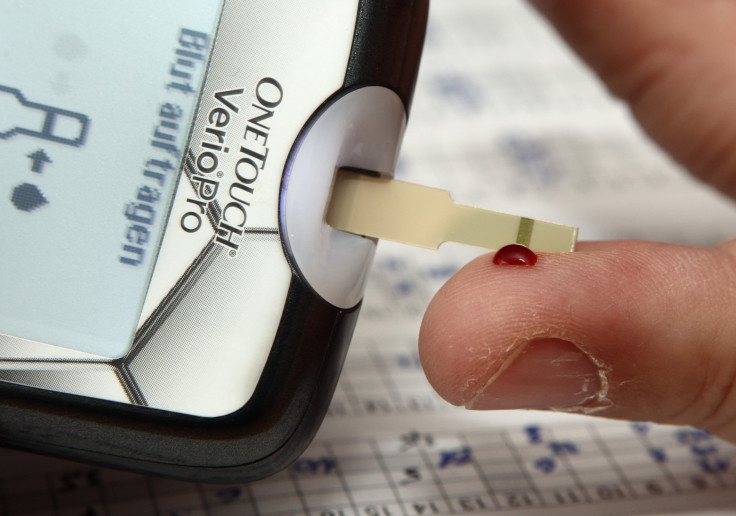'Added Sugar' Label On Food Could Have Positive Effect On Health And Diet
"Added sugar" labels on foods aim to lower cardiovascular disease and diabetes cases in the U.S.
Excess food sugar intake from sweet beverages and food are major risk factor for heart disease and diabetes. "Added sugars" are the sugars and syrups incorporated into foods during processing. Desserts, sodas and energy and sports drinks are the top sources of added sugars for most Americans, but many other foods contain these as well.
These labels could help the average U.S. adult cut sugar consumption by half a teaspoon a day. That could prevent around 350,000 cases of cardiovascular disease and nearly 600,000 cases of diabetes over the next two decades. https://t.co/Wzvnq4Mc9H
— Science News (@ScienceNews) April 16, 2019
For this reason, a mandate on labeling the added sugar content of all package foods and beverages was implemented in 2017 by the US Food and Drug Administration (FDA).
A recent study about the potential health impacts and cost-effectiveness of the FDA’s policy was published in the AHA journal, and it revealed findings that the added sugar label policy could generate substantial gain and cost savings for the U.S. population. Adding the label could help American adults lessen sugar consumption by around a teaspoon a day.
Such findings were supported by the analysis of national trends in added sugar intake from the year 1977 to 2012.
The study concluded that there was a decline in the consumption of sugar since 2003 in the U.S., but added sugar intake continued to be above the recommended level of 10 percent of the total energy intake.
For this reason, FDA announced the full implementation of the newly updated dietary guideline in sugar labeling for 2021. This recommends that people should consume no more than 10 percent of their daily calories in added sugar.
This is because consuming foods with too much sugar, such as sugar-sweetened beverages, has been linked to an increased risk of heart disease and diabetes. Excessive sugar consumption puts your body at risk of resistance to the glucose-regulating hormone insulin, becoming overweight, depression, fatty liver and cancer.
Food labels are a vital part of diet plans. People are becoming more conscious of their diets, especially those who are prone to or have diabetes and cardiovascular diseases. By adding proper food labels such as added sugar, this could potentially bring positive effects for our health.

© Copyright IBTimes 2025. All rights reserved.




















